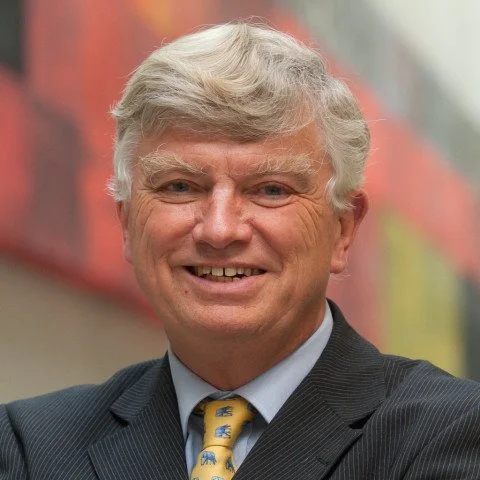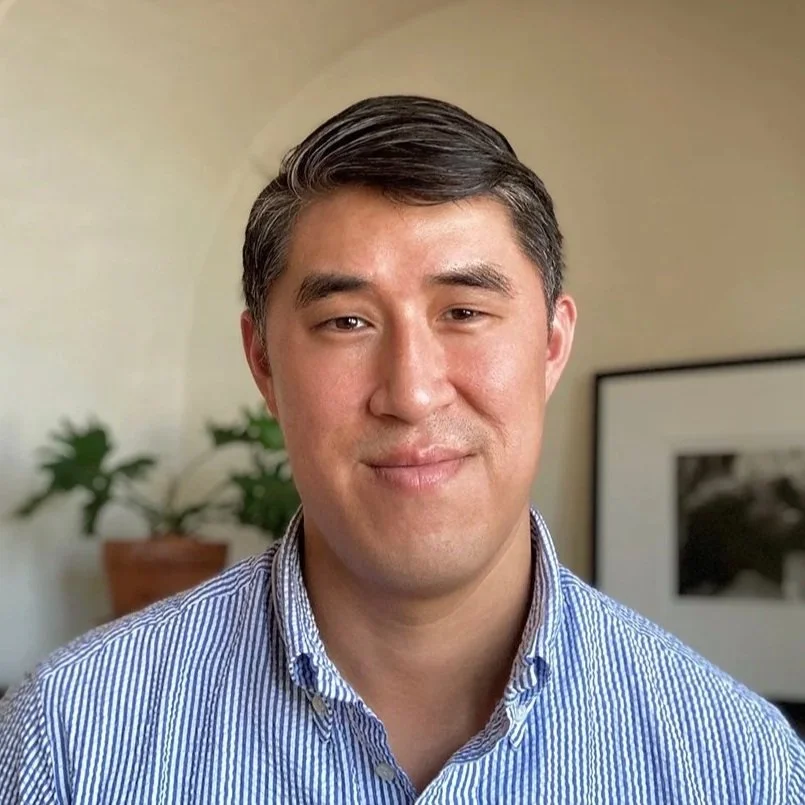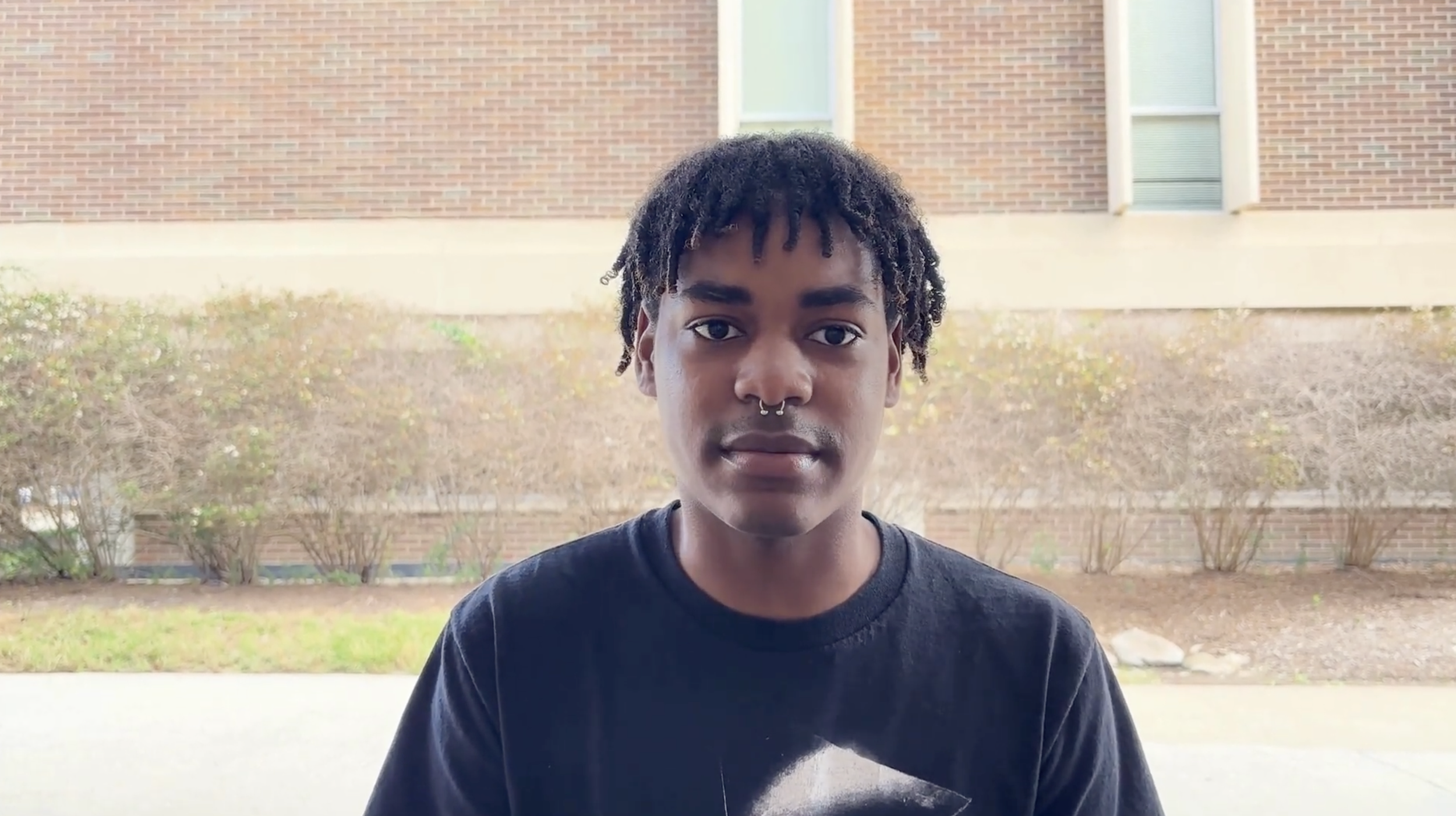
Shaping the future of AI policy for youth well-being
Tuesday, October 14, 2025
Webb Library, Jesus College,
University of Cambridge
Co-hosted by HumanConnections.AI (an initiative of Noēsis Collaborative) and the University of Cambridge’s Leverhulme Centre for the Future of Intelligence, this invitation-only convening will unite senior policy experts leading researchers, civil society strategists, technology innovators, and funders from across the UK, US, and EU to shape the future of AI governance for youth well-being.
Workshop Highlights
Interview with Julianne Holt-Lundstad
Fireside Chat with Ron Ivey, Henry Shevlin, and Sonia Livingston
Interview with Ravi Iyer
Interview with Dean Ball
Interview with Andrew Briggs
Video from Henry Shevlin
Young People’s Perspective on AI
Event Co-organizers
-

Ron Ivey
Noēsis Collaborative /
Harvard Human Flourishing Program -

Henry Shevlin
Leverhulme Centre/
University of Cambridge
Featured Speakers
-

Maria Axente
Founder & CEO of Responsible Intelligence
-

Andrew Briggs
Professor of Nanomaterials, University of Oxford
-

Ian Marcus Corbin
Instructor in Neurology, Brigham & Women’s Hospital and Harvard Medical School
-

John Havens
Executive Director, IEEE Global Initiative for Ethical Considerations in AI and Autonomous Systems
-

Sam Hiner
Young People’s Alliance
-

Julianne Holt-Lunstad
Brigham Young University
-

David Hsu
Omidyar Network
-

Ravi Iyer
USC Neely Center for Ethical Leadership
-

Konstantinos Karachalios
Managing Director, IEEE Standards Association
-

Brad Littlejohn
American Compass
-

Sonia Livingstone
London School of Economics
-

Kim Malfacini
Product Policy Lead at OpenAI
-

Amanda Mccroskery
Applied AI Ethics and Governance Researcher at DeepMind
-

Andrew McStay
Emotional AI Lab/IEEE
-

Dorian Peters
Assistant Professor, Institute for Technology and Humanity, University of Cambridge
Why Attend
This convening offers a rare opportunity to address one of the most urgent policy challenges of our time:
How might we design policies for AI chatbots that advance youth wellbeing?
In a closed-door, Chatham House–style workshop (30–50 participants) followed by a public fireside chat, senior leaders from policy, research, industry, and civil society will:
Align on the risks and potential benefits of AI chatbot use by youth, grounded in the principle of human flourishing.
Address gaps in AI governance that often overlook the developmental needs and rights of youth and are failing to ensure that AI technologies foster human flourishing rather than cause harm.
Develop a prototype policy for AI and youth in a whitepaper for policymakers that can be adapted to different jurisdictions and contexts. This whitepaper will be used to inform public dialogues and debates about AI and youth policy.
Launch of a bipartisan, transatlantic working group to further develop this policy and other AI and youth policies in the US, UK, and EU.
Attendance is by invitation only and limited to 50 participants.
Organizers & Sponsors
Co-hosts: HumanConnections.AI, an initiative of Noēsis Collaborative and the University of Cambridge: Leverhulme Centre for the Future of Intelligence
Featured Partners: IEEE, Harvard Human Flourishing Program, London School of Economics, USC McNeely Center for Ethical Leadership, Young People’s Alliance
Sponsors: Einhorn Collaborative, Omidyar Network, the Risman Foundation

Resources
Designing AI to Help Children Flourish
Current AI governance frameworks often overlook the developmental needs and rights of children, failing to ensure that AI technologies foster human flourishing rather than cause harm. This brief for the G20 argues that AI companies have both an opportunity and a responsibility to prioritize child well-being by designing chatbots that enhance, rather than replace, human relationships. The principles and recommendations of this brief will form the foundation of the workshop design.
Social AI and Human Connections: Benefits, Risks and Social Impact
Drawing on a review of recent literature, expert interviews, a Salon with leading technologists and scholars, and webinars with Social AI researchers, the paper explores the question: How might we design AI systems for social connectedness and human flourishing? This whitepaper provides a framework for how to think about the human choices in the design, governance, and use of AI systems and how those choices impact our social and emotional capabilities.






